What happens when an engine valve goes bad?
The engine valve is a critical component of an internal combustion engine. It regulates the flow of fuel and air into the engine and allows exhaust gases to escape. When an engine valve goes bad, it can cause serious problems for the engine's performance and reliability. In this article, we will discuss what happens when an engine valve goes bad and what you can do to prevent it.
There are several ways that an engine valve can go bad. The most common is through wear and tear caused by repeated cycles of opening and closing. This wear can cause the valve to become bent, which can lead to leaks or a lack of compression in the engine. Other causes of valve failure include overheating, corrosion, and damage caused by foreign objects entering the engine.
When an engine valve goes bad, there are several signs that you may notice. The most common is a loss of power or a reduction in acceleration. This is because the engine is not able to get enough fuel and air to produce the necessary power. You may also notice that the engine is running rough or making strange noises, such as a tapping or clicking sound.
Another sign of a bad engine valve is a loss of compression. Compression is essential for the engine to run correctly, and when there is a lack of compression, the engine may not start or may stall during operation. You may also notice that the engine is burning oil or experiencing oil leaks, as a bad valve can cause oil to leak into the combustion chamber.
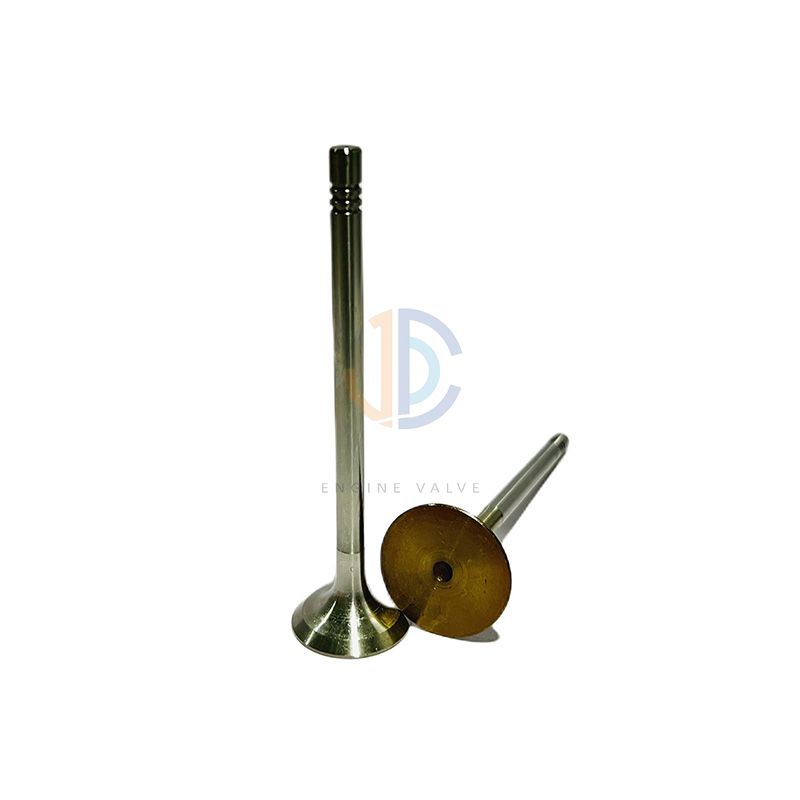
If you suspect that your engine valve is bad, it is essential to have it inspected by a qualified mechanic. They will be able to diagnose the problem and determine the best course of action. In some cases, the valve may be able to be repaired, while in others, it may need to be replaced entirely.
Additional resources:Everything You Need to Know About Chinese Electric Fat Tyre Bikes
Want to Roam Off-Road? Discover the Best Mini Campers!
The Top ODM Auto Coil Spring Distributors
The Future of Transportation: OEM Electric Two-Wheelers
Upgrade Your Camping Game: Teardrop Trailer with Outdoor Kitchen for Sale!
Everything You Need to Know About NISSAN Shock Absorbers
Are Electric Street Legal Mopeds the Future?
Preventing engine valve failure is critical to the long-term performance and reliability of your engine. One way to prevent valve failure is to ensure that the engine is properly lubricated. Lubrication helps to reduce wear on the valve and can help to prevent corrosion and damage caused by foreign objects.
Regular maintenance is also essential to prevent engine valve failure. This includes regular oil changes, filter replacements, and inspections of the engine components. Regular maintenance can help to identify potential problems before they become serious, and can help to extend the life of your engine.
In conclusion, an engine valve is a critical component of an internal combustion engine, and when it goes bad, it can cause serious problems for the engine's performance and reliability. Signs of a bad valve include a loss of power, rough running, and a lack of compression. If you suspect that your engine valve is bad, it is essential to have it inspected by a qualified mechanic. Preventing engine valve failure is critical to the long-term performance and reliability of your engine, and regular maintenance is essential to achieve this goal. By following these tips, you can help to ensure that your engine valve stays in good condition and your engine runs smoothly for years to come.
Are Small Off-Road Caravans the Future of Traveling?
How do I determine the right auto part for my vehicle?
Understanding the Role of Brake Discs in Vehicle Performance
How Do I Know if My Timing Belt Tensioner Is Bad?
Car Mat: Enhance Your Driving Experience with Premium Comfort and Protection
How to Choose the Right Brake Pads for Commercial Vehicles?
Types and Models of Electric Trucks
324
0
0
Related Articles
-
356
0
0
-
323
0
0
-
347
0
0
-
298
0
0
-
333
0
0
-
315
0
0
-
310
0
0
-
332
0
0

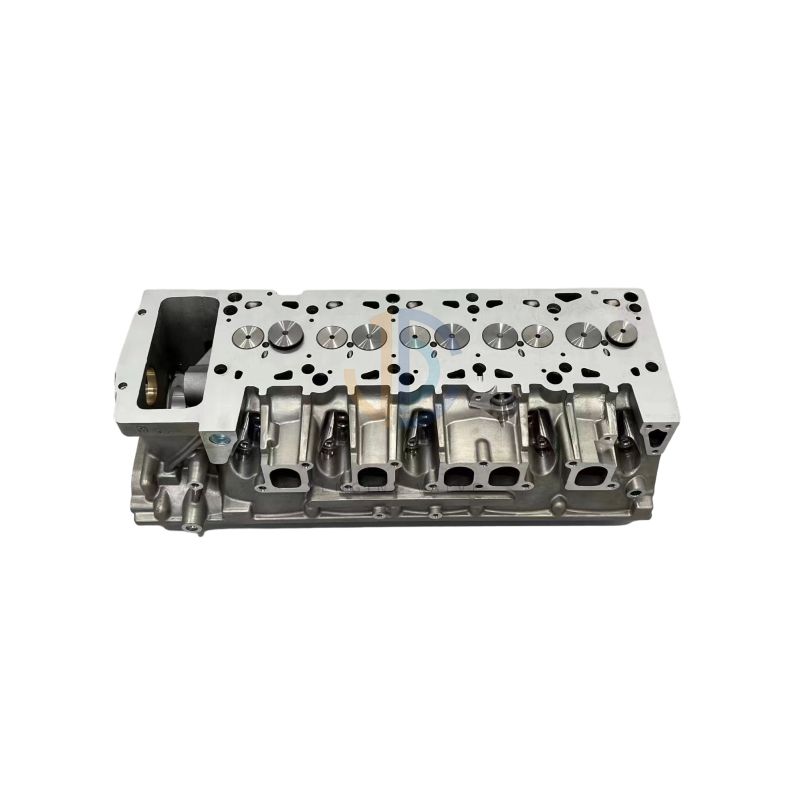
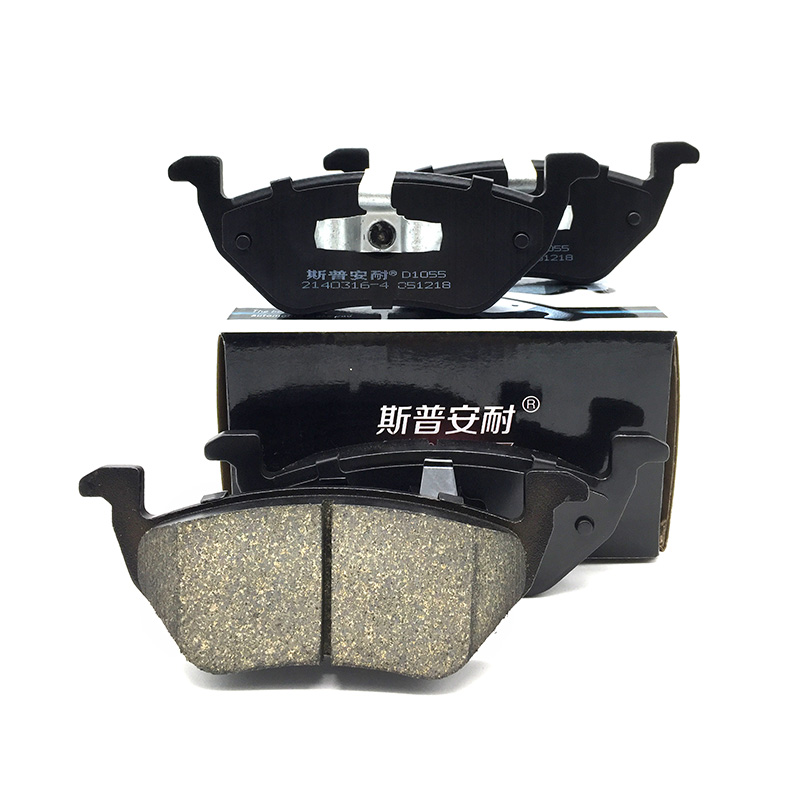
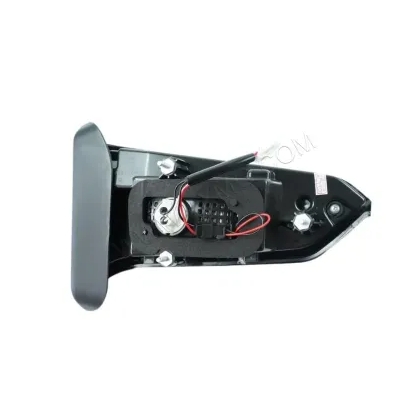
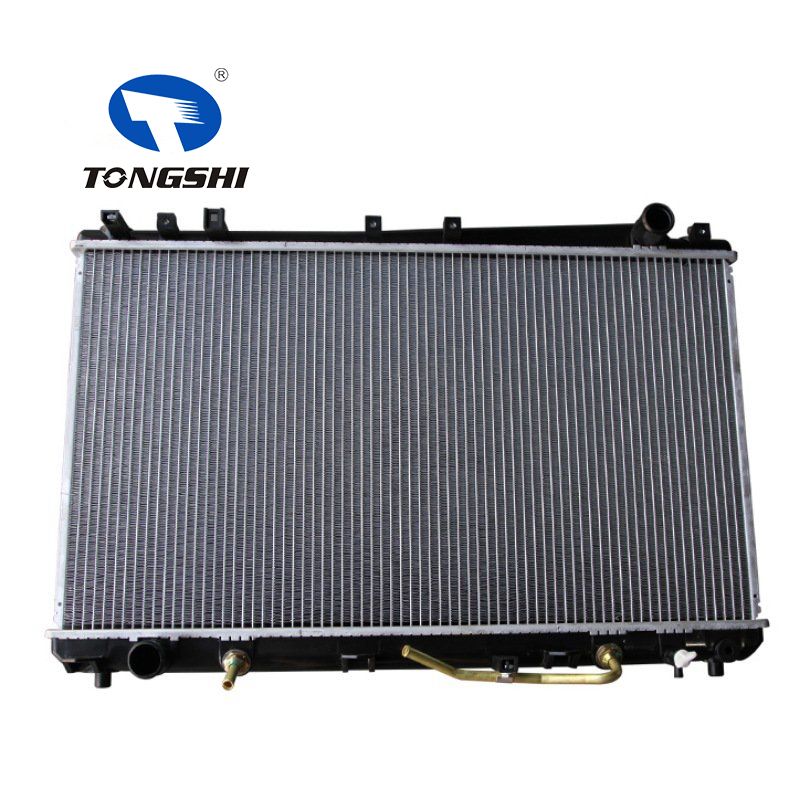
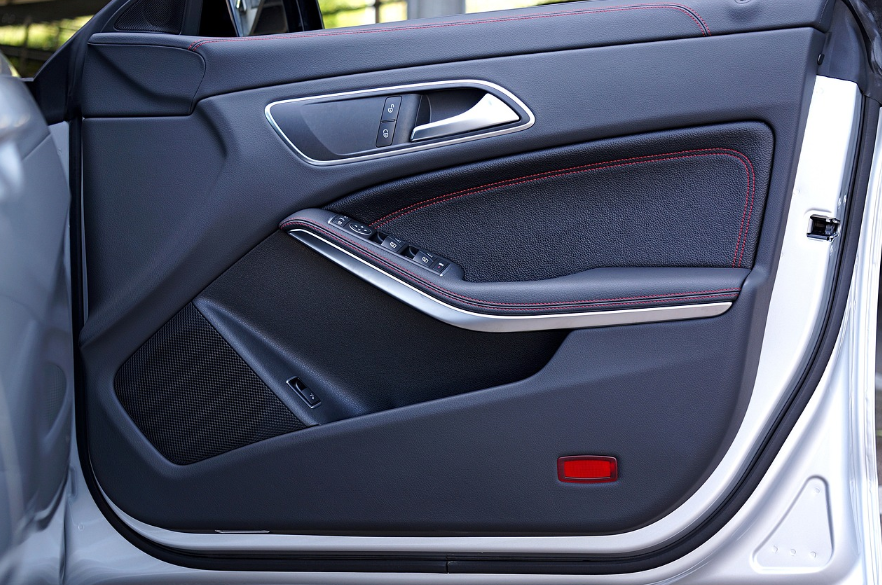
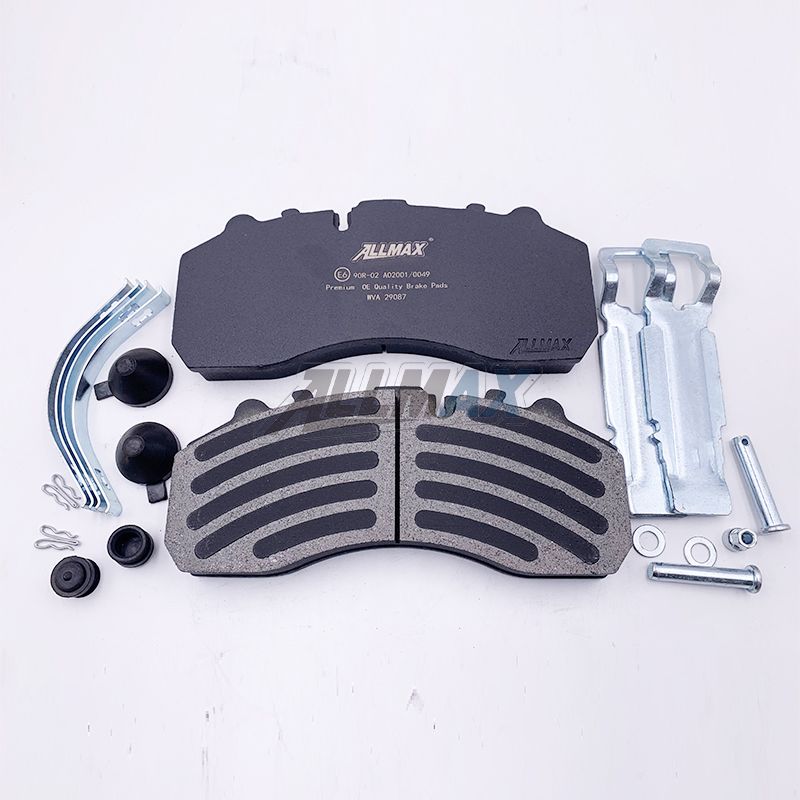
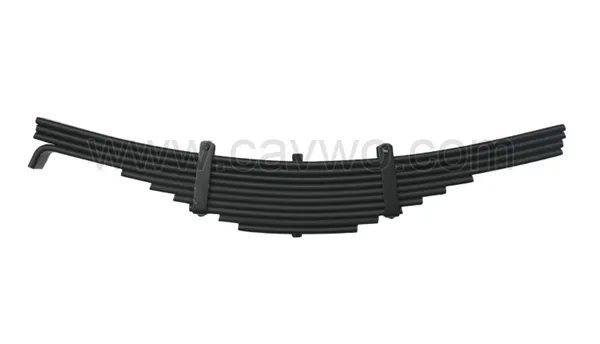
Comments
All Comments (0)